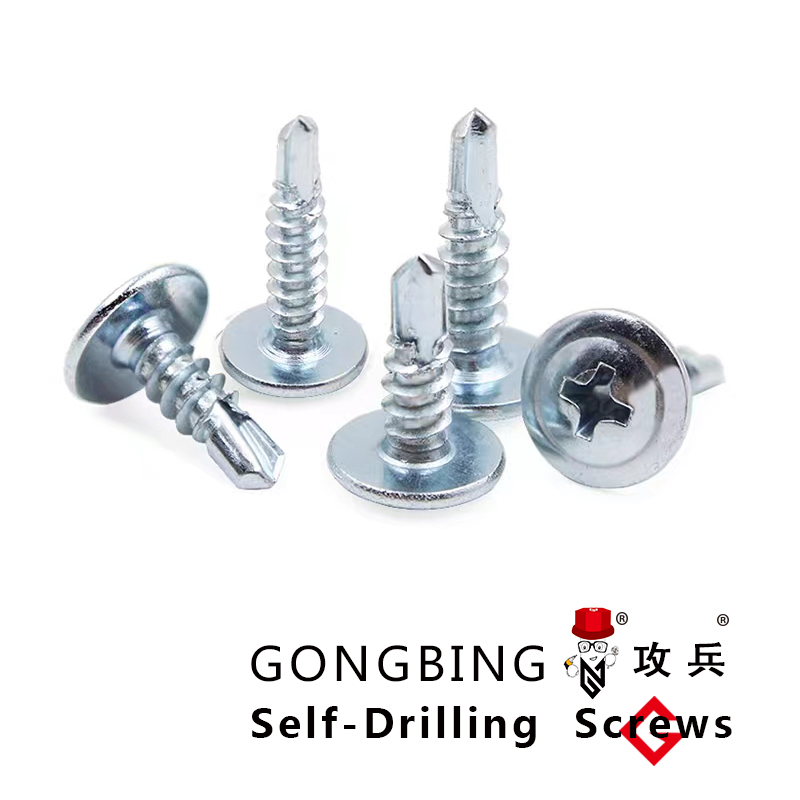Types of Foundation Bolts and Their Applications in Construction
Types of Foundation Bolts An Overview
Foundation bolts play a crucial role in construction projects, particularly in the anchorage of various structures to their foundations. These bolts secure equipment, machinery, and structural elements, ensuring stability and integrity. This article reviews the different types of foundation bolts, their uses, and the considerations for selecting the appropriate type for a project.
1. Anchor Bolts
Anchor bolts are perhaps the most common type of foundation bolt. They are used to attach objects to concrete and are typically installed during the pouring of the concrete foundation. Anchor bolts can come in various shapes—most commonly with a hook or L-shape at one end, which is embedded into the concrete, while the other end protrudes. The protruding part is used to secure various fixtures and equipment.
Uses Anchor bolts are primarily used in the construction of buildings, bridges, and towers. They provide the necessary resistance against lateral loads such as wind or seismic forces.
2. J-Bolts
J-bolts are similar to anchor bolts but are shaped like the letter 'J.' The curved section is set into the concrete, while the other end protrudes. This design allows for easy attachment of structural elements and provides good resistance against pulling out. J-bolts are advantageous in applications where tension is a significant concern.
Uses J-bolts are often used in applications involving construction frames, railings, and signage.
3. L-Bolts
L-bolts are, as the name suggests, shaped like the letter 'L.' The long side of the L is embedded in the concrete while the short side is exposed for fastening structures. This design provides excellent anchorage and load-bearing capability.
Uses L-bolts are commonly used in constructing bleachers, support for machinery, and other applications needing strong anchorage.
4. T-Bolts
T-bolts have a distinct 'T' shape, and their primary purpose is to provide secure fastening in channel sections or T-slots. They are particularly valuable in projects requiring adjustable or modular constructions.
Uses T-bolts are often used in manufacturing processes, particularly for securing components to machines and helps in modular constructions, where adjustments may be frequently necessary.
foundation bolts types

5. Screw Anchors
These foundation bolts are used when quick installation and removal are needed. A screw anchor threads into the soil or concrete, which reduces the chances of expansion or loosening due to vibrations. They work well in both temporary and permanent applications.
Uses Screw anchors are suitable for temporary installations such as tent anchoring, or for securing lightweight structures that do not require extensive ground penetration.
Expanding anchors operate by expanding when the bolt is tightened, firmly gripping the surrounding concrete or masonry. They are particularly useful in situations where there is a need to exert a high holding power.
Uses These anchors are often used in heavy-duty applications like hoists, shelving units, or any situation requiring strong and reliable anchoring.
Considerations for Choosing Foundation Bolts
When selecting foundation bolts, several factors should be considered
- Load Requirements Understand the load that the bolt will bear. This includes considering both vertical and horizontal loads that may be applied.
- Material Compatibility The bolts should be made of materials compatible with the surrounding environment to prevent corrosion or degradation over time.
- Installation Method Some bolts require specific installation processes, such as embedding during concrete pouring, while others can be installed post-construction.
- Local Codes and Standards Ensure compliance with local building codes and specifications when selecting foundation bolts.
Conclusion
Foundation bolts are integral components of safe and stable construction. By understanding the various types such as anchor bolts, J-bolts, L-bolts, T-bolts, screw anchors, and expanding anchors, construction professionals can make informed decisions that enhance the safety and reliability of their projects. The right choice of foundation bolt not only ensures structural integrity but also prolongs the lifespan of the construction, making it essential to understand their design and uses.
-
Weatherproof Plastic Expansion Anchors for OutdoorNewsJun.06,2025
-
Sustainability in the Supply Chain: Eco-Friendly TEK Screws ProductionNewsJun.06,2025
-
Load-Bearing Capacity of External Insulation FixingsNewsJun.06,2025
-
Double Head Bolts: Enhancing Efficiency in Industrial MachineryNewsJun.06,2025
-
Corrosion Resistance in Chipboard Screws: Coatings for Wholesale DurabilityNewsJun.06,2025
-
Butterfly Toggle Bolts : Enhancing Structural ResilienceNewsJun.06,2025
